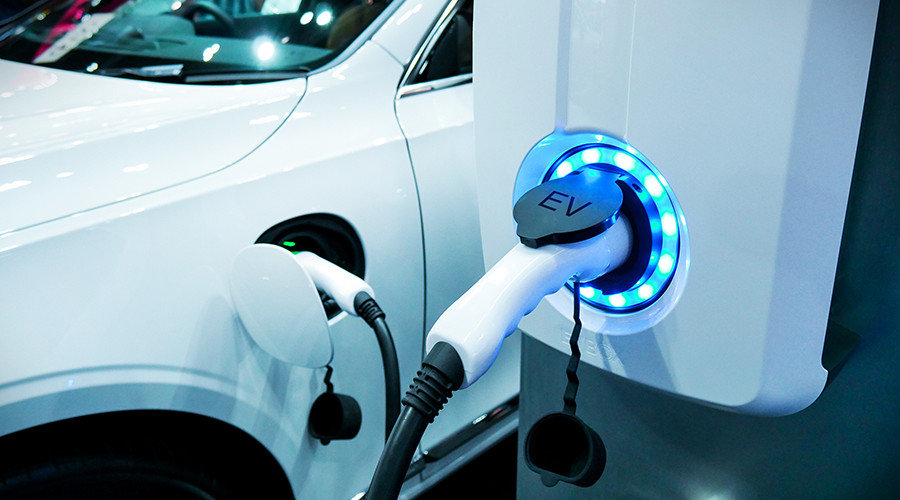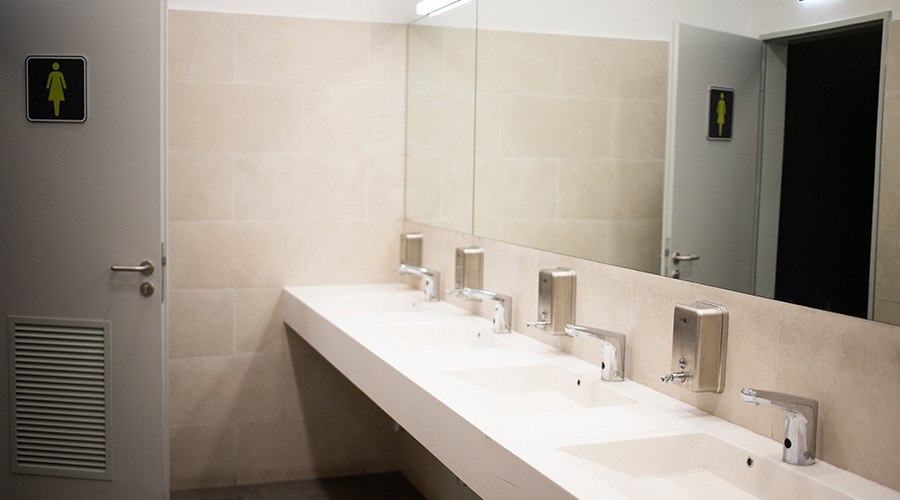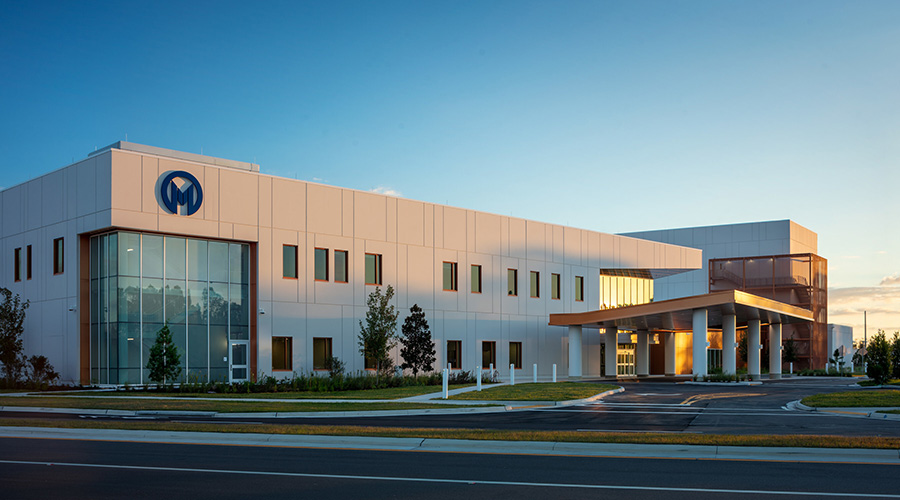Electric vehicles are slowly settling into mainstream consciousness. They serve as a sustainable and environmentally friendly alternative to traditional gasoline-powered vehicles. Full electric vehicles are at a slower adoption rate, however, options like hybrid models are bridging that initial gap. As their use continues to grow, hospitals may opt to include charging stations on their property.
At most hospitals, the staff, especially the executive level, will be the primary users of these charging stations, says Jacob Gonzales, vice president of client solutions for WGI.
“We are also seeing it from the visitor side, though not as much really,” says Gonzales, “Due to the trends of the area – whether it is New York versus Houston versus San Francisco – you will have different trends in each one of those areas and you will have different requests."
Gonzales adds that while the visitor side of electric vehicle use is not as strong as the hospital staff side, every hospital should start preparing to add charging stations.
Even with that, the logistics of adding a charging station will vary from hospital to hospital. This is for a few reasons:
- Cost
- Infrastructure
- Location
- Time
“They can cost anywhere from S10,000 to S50,000 per space depending on what electrical service you have provided in that area,” says Gonzales. “Some places you must have host digital health service added. In some cases, we have to bring new service depending on the quantity of the electric vehicle charging stations. Some places you can tap into the building or current electrical capacity and use it.”
Gonzales says it also varies depending on if the municipality allows for charging for electricity or not. Some hospitals integrate their revenue systems and software systems to communicate with these charging stations if they have that option. According to Gonzales, this can add to pricing for the stations.
The factor of time is similarly affected by what an individual hospital’s capacities are for electricity. Gonzales says that if it is just tapping into existing power, the process can be relatively quick. However, if they have to bring in new service to the facility, the process time can vary.
“So, we will do an assessment of their existing conditions, determine their baseline and do a power assessment,” says Gonzales. “Then we can do scenario planning. Let’s say you have three other projects in the queue and based on that priority where vehicle charging would fall, you would then have that conversation about what it would take and how long it would take to get to power. A lot of times our biggest hurdle when we put these things in is coordinating with the local utility. So, the local utilities have to learn what the process is to put vehicle charging in for hospitals.”
Despite all these considerations and the level of investment required, benefits include the opportunities for preferred parking and increased sustainability, says Gonzales.
Electric vehicles are slowly but steadily climbing in usage. As the years come, they will become more affordable and viable for the average person. Before that happens, hospitals can prepare by looking at how they can implement electric vehicle charging stations.
Jeff Wardon, Jr. is the assistant editor for the facilities market.

 What Lies Ahead for Healthcare Facilities Managers
What Lies Ahead for Healthcare Facilities Managers What's in the Future for Healthcare Restrooms?
What's in the Future for Healthcare Restrooms? Hammes Completes the Moffit Speros Outpatient Center
Hammes Completes the Moffit Speros Outpatient Center The Top Three Pathogens to Worry About in 2026
The Top Three Pathogens to Worry About in 2026 Blackbird Health Opens New Pediatric Mental Health Clinic in Virginia
Blackbird Health Opens New Pediatric Mental Health Clinic in Virginia